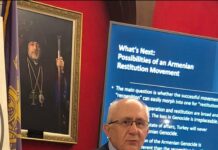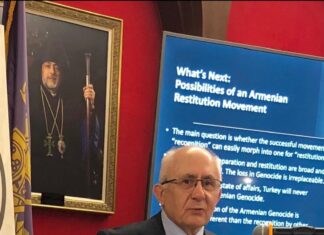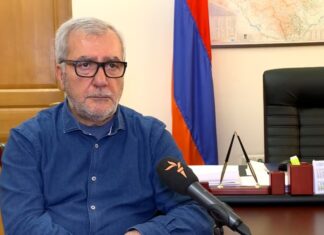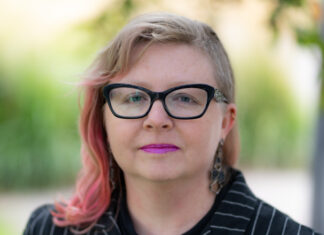KIGALI, Rwanda (BBC) — French President Nicolas Sarkozy has acknowledged that France and the international community made “mistakes,” during the 1994 Rwandan genocide.
But he stopped short of offering a full apology, saying he hoped those responsible would be punished. He made his comments during the first French presidential visit to Rwanda since the mass killings recently. The visit was intended to symbolize a commitment by both countries to move on after years of acrimony.
Rwanda accuses France of training and arming the Hutu extremists who killed some 800,000 ethnic Tutsis and moderate Hutus — a charge denied by Paris.
Sarkozy visited a memorial for the victims of the genocide. Later at a press conference with his Rwandan counterpart Paul Kagame, Sarkozy spoke of his regrets about the sequence of events that culminated in the genocide.
“What happened here is unacceptable, but what happened here compels the international community, including France, to reflect on the mistakes that stopped it from preventing and halting this abominable crime,” he said.
Asked by a French journalist if France would offer an apology, as other Western nations have, he said France did acknowledge “serious errors of judgment” but stopped short of saying sorry.
He described: “a sort of blindness” preventing the country seeing “the genocidal aspect of the government of the president who was assassinated.”
He acknowledged too there had also been mistakes in France’s eventual UN-mandated intervention in the country, known as Operation Turquoise, which he said was “too late and, probably, too little.”
The two countries broke off diplomatic relations in 2006 over accusations by a French judge that Kagame was involved in the shooting down of the plane carrying former Rwandan President Juvenal Habyarimana — the incident that triggered the genocide.
Kagame led the Tutsi rebels who took power and ended the genocide.
He says the plane was shot down by Hutu extremists in order to justify the killings. Ties between France and Rwanda were restored last November, although BBC East Africa correspondent Will Ross says that beneath the surface, the rift is likely to continue.








